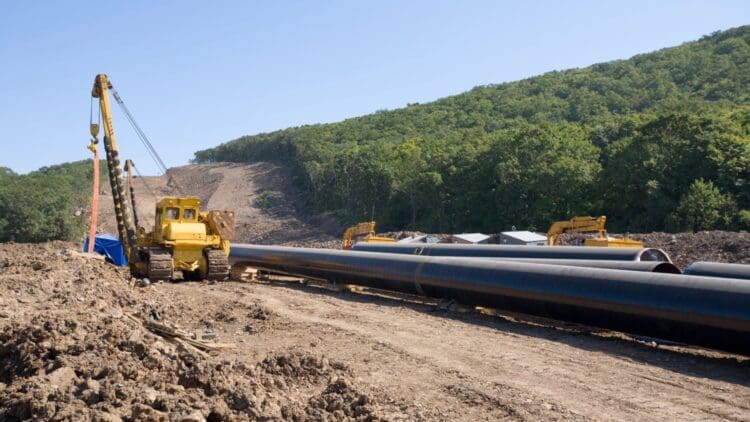The global trade market has fostered cooperative relationships between nations, and one nation that relies heavily on its trade sector is Panama. The South American nation recently announced its plans to build an interoceanic gas pipeline that would promote international trade while freeing up what many consider to be the most important canal in the world. The Panama Canal has been the cornerstone of the country’s economy, and by building the new pipeline to transport gases, Panama is solidifying its standing as a major hub for international trade and business.
The new interoceanic pipeline forms part of a broader scheme to diversify Panama’s economy
Panama’s President, José Raúl Mulino, recently announced the first phase of the new interoceanic pipeline, which will connect Panama to the world, enabling the transportation of essential gases needed for energy consumption across various industries.
The project has been called one of the largest investments in the history of the Panama Canal and forms part of a broader plan for revenue diversification. By constructing the pipeline, Panama can increase its cargo movement capacity beyond maritime transport towards a more efficient and thereby profitable form of energy transportation.
Panama’s President has lauded the plan to build the interoceanic pipeline
The plan also allows for the contemplation of an intermodal logistics hub, which would enable Panama to solidify its standing as a major sector for international trade and cooperation. In a statement released to the press, Panama’s President noted the potential that the pipeline has for the nation.
“The pipeline we are announcing today is a strategic bet by Panama to remain a key country in the global economy, generating development for Panamanians and ensuring the sustainability and competitiveness of the Panama Canal.” – Panama President José Raúl Mulino
The Panama Canal’s board of directors has granted authorization to begin the concessionaire selection process
Following the announcement that the nation will build the interoceanic pipeline, the Panama Canal’s board of directors stated that they have invited over 40 companies to be part of the concessionaire selection process.
Pre-qualification of interested parties will begin this year, with the aim for the final concessionaire selection stage to close in the fourth quarter of 2026. Among the litany of economic and social benefits are the creation of more than 6,500 jobs during the construction stage and nearly 9,600 in the operational phase.
In August of this year, the Panama Canal celebrated 111 years of operations, and the Canal authorities noted their plans to further decarbonize the canal and foster more international trade through the nation. Integrated supply chains for the energy sector are crucial to fostering international trade, and the Panama Canal is universally renowned for its efficient business model.
Among the 45 companies invited to apply for the concessionaire selection process are some of the largest energy organizations in the world, and once construction begins, the Panamanian economy will benefit hugely from the new employment and expertise the project will foster.
The world is entering a new phase that fosters international trade through innovative projects like the Panamanian pipeline
The global trade market has allowed several nations to build strategic relationships that enable vast economic benefits to be developed. As the world opts to phase out coal and other conventional energy sectors, gas has remained the cornerstone of the transitional nature of the energy market at the moment. The Panama Canal is seen as an identifying project of the Panamanian identity, and by building the interoceanic pipeline to transport gas around the world, Panama has solidified its reputation as an open market that fosters international trade. The project is set to begin construction soon as operators are selected.





